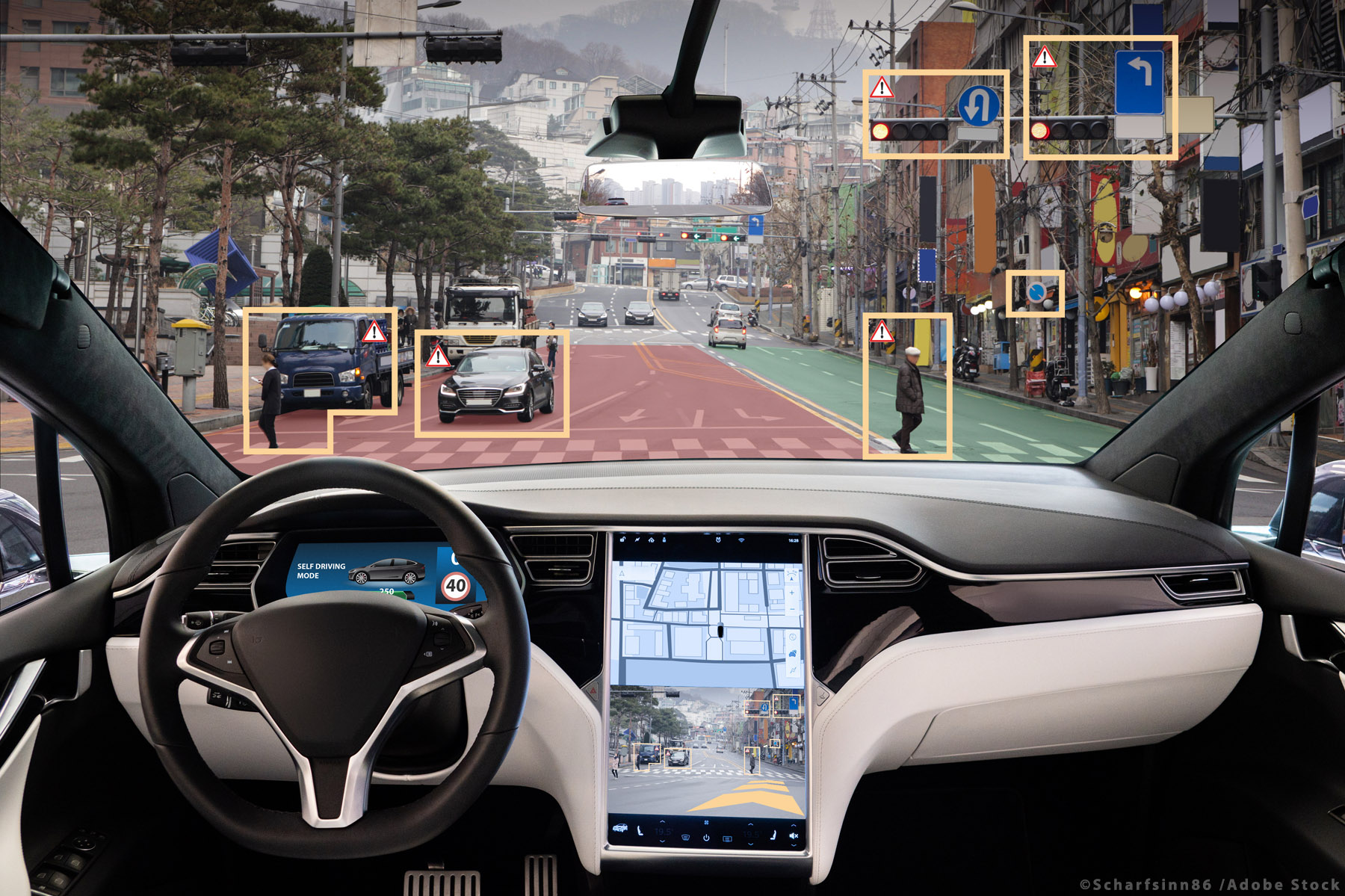Most importantly as EU members state, high-risk AI technologies, such as those with self-learning capacities, should be designed to allow for human oversight at any time. If a functionality is used that would result in a serious breach of ethical principles and could be dangerous, the self-learning capacities should be disabled, and full human control should be restored.
Also, rules should apply to physical or virtual AI activity that harms or damages life, health, physical integrity, property, or that causes significant immaterial harm if it results in verifiable economic loss. Finally, it is important to distinguish between AI-assisted human creations and AI-generated creations. This means that AI should not have legal personality; thus, ownership of property rights systems should only be granted to humans.























0 comments:
Post a Comment